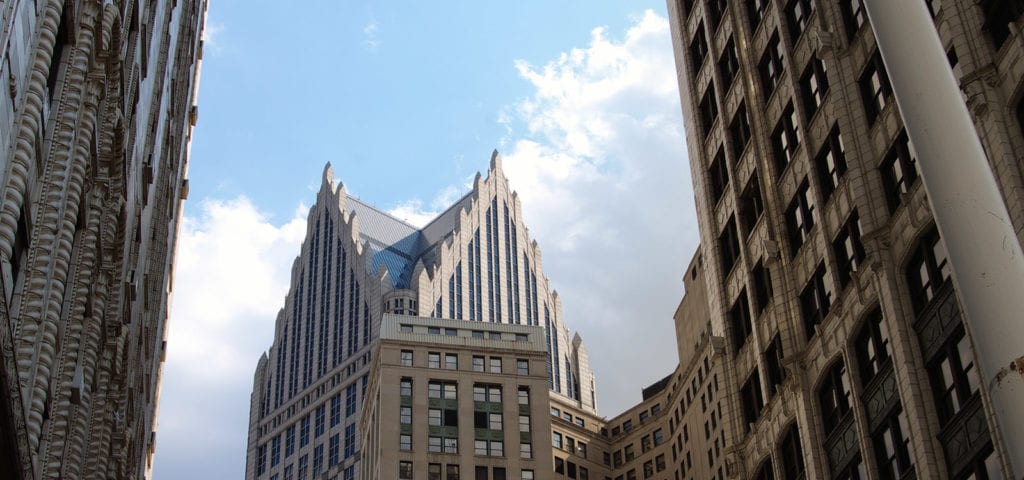Detroit city officials are considering an ordinance that would create new location restrictions for medical cannabis operators and cap the number of medical cannabis companies allowed in the city at 75, according to a Detroit News report. It is the latest effort by Detroit officials to reign in the city’s medical cannabis industry.
The changes, submitted by City Councilman James Tate to the City Planning Commission, would establish permanent zoning rules for medical cannabis operators in the city, including cultivators, processors, retailers, and laboratories. After the commission’s review and recommendation, the ordinance will be considered by the city council.
“The goal has always been to ensure that we have an industry that is respectful of the neighborhoods, the communities it is located in, but also considerate to individuals seeking safe access to alternative medication. This ordinance balances those two needs with the preservation of neighborhoods being the top priority.” — Detroit City Councilman James Tate, in a statement
The proposal was prompted by a successful 2017 voter initiative that loosened heavy restrictions imposed on the industry by city officials. The ordinance would not force the closure of the 57 Detroit dispensaries currently operating on temporary authorization from the city, according to the report.
However, Jonathan Barlow of Citizens for Sensible Cannabis Reform — the group behind the 2017 ballot initiative — said the proposed ordinance will just result in more hurdles for cannabis patients and business owners.
“They still are so far away from what the citizens already requested through the ballot. They are just totally neglecting the people’s voice. The process is harder, there’s less access to medicine, they are just making it worse than what they set out to do and what the voters asked for.” — Jonathan Barlow, spokesperson for Citizens for Sensible Cannabis Reform
There remain potentially dozens of unlicensed cannabis dispensaries in Detroit. In May, the Michigan Department of Licensing and Regulatory Affairs issued an extension to the deadline for all cannabis companies to need a state-issued license, giving operators the ability to stay open until September 15 without risking future licensing eligibility.
